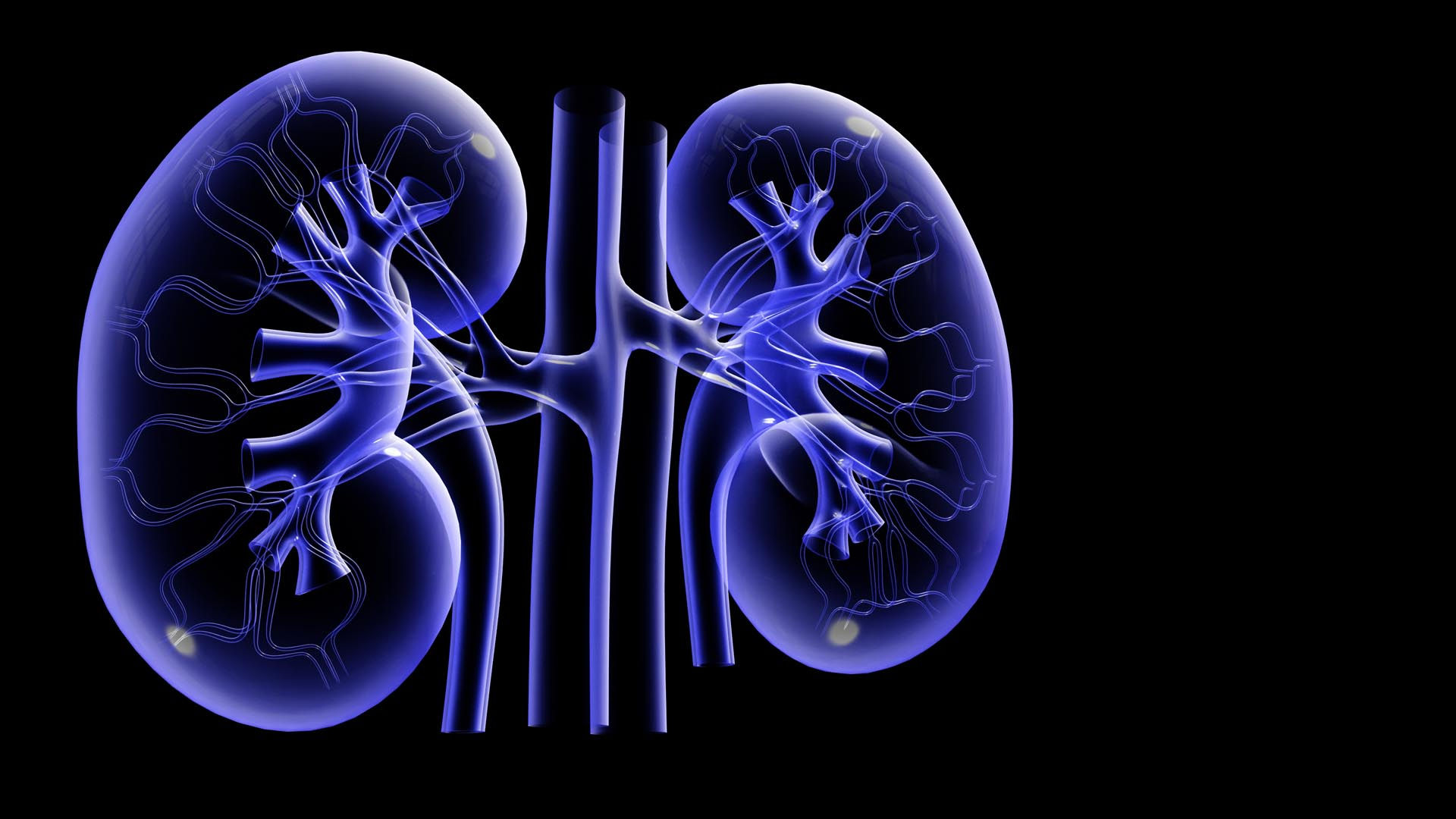
Chronic kidney disease describes the gradual loss of kidney function. Your kidneys filter wastes and excess fluids from your blood, which are then excreted in your urine. When chronic kidney disease reaches an advanced stage, dangerous levels of fluid, electrolytes and wastes can build up in your body.
Chronic Kidney Disease
Pathophysiology for Renal Failure
Three types of identified Pathophysiology:
-
Pre Renal
-
Intra Renal (most common form)
-
Post Renal
Pre Renal
Sudden or severe drop in blood pressure.
Blood flow obstruction to the kidneys in form of:
Arteriosclerosis
Ischemia
Intra Renal
Direct damage to the kidneys
Inflammation within the kidneys
Form of infection
Overuse of drugs
Form of auto immune disease
Post Renal
Obstruction of urine flow in form of:
Benign Prostatic Hyperplasia
Kidney Stones
Bladder Injury or Tumor



Four causes of Intrarenal failure
1. Acute Glomerularnephritis:
It is the inflammation of glomerulus caused due to an auto-immune condition known as Systemic lupus erythematosus.
2. Acute Tubular Nephritis:
Main cause for most renal failures, it is due to the death of nephrons.
3. Acute Interstitial Nephritis:
Inflammation of the interstitial space mostly occuring due to allergic reactions or due to infections.
4. Vascular and Tubular Change:
Caused due to endothelial dysnfunction and vasoconstriction in the afferent arteriole.
Increase in adhesion of inflammatory cells such as neutrophils.
Tubular change due to damaged cells on the inner lining, caused due to necrosis forming necrotic bodies leading to obstructions and causing backleak of urine.

General:
Appetite loss
General ill feeling and fatigue
Headaches
Itching (pruritus) and dry skin
Nausea
Weight loss without trying to lose weight
Chronic:
Abnormally dark or light skin
Bone pain
Drowsiness or problems concentrating or thinking
Numbness or swelling in the hands and feet
Muscle twitching or cramps
Breath odor
Easy bruising, or blood in the stool
Excessive thirst
Frequent hiccups
Problems with sexual function
Menstrual periods stop (amenorrhea)
Shortness of breath
Sleep problems
Vomiting, often in the morning
Symptoms

Five Stages of CKD
The image below shows the crossections of a diseased kidney and a healthy one. To the left is the kidney undergone in CKD and to the right is the healthy kidney.